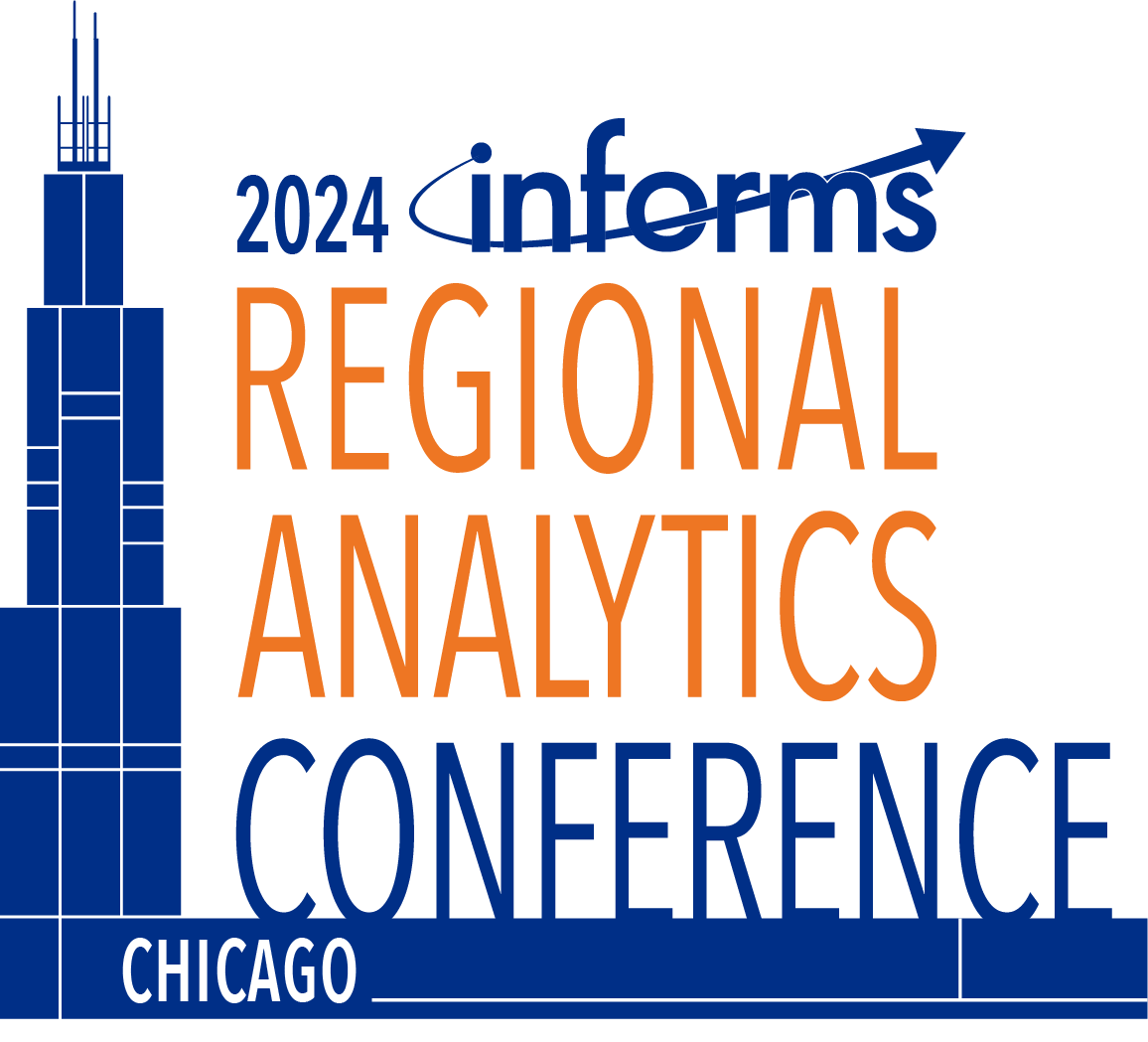
John K. Thompson
GenAI: Today, Tomorrow, and the Future
GenerativeAI (GenAI) continues to rapidly evolve, and implementations are growing into new operational areas and are addressing new use cases across industries. Almost every company is engaged in leveraging this exciting new branch of AI. Leading companies want to understand how to engage with GenAI to drive competitive advantage. GenAI Agents are an exciting new opportunity to extend how organizations are utilizing GenAI in their operations and how to serve our employees, partners, and customers.
This session will outline the GenAI journey that my team has undertaken over the past 2 years. We will discuss how Agents can and will extend GenAI capabilities. We will examine where Agents can make a difference in a significant number of internal and external applications. We will talk about the candidate technologies that we have evaluated and will use in our efforts to build a world class Agent architecture, foundation, and environment. We will discuss how Skills and Agents relate to each other and how we plan to move from Skills to Agents. We will review the future roadmap and plan to deliver Simple Agents, Intelligent Agents, Polymorphic Agents and more. Bring your questions, this will be an interactive session/discussion.

Coleen Griffin
Improving Sustainability through Data Governance
In a business context, sustainability is a company’s role in society, how it generates value by managing positive and negative environmental and social impacts, and how its decisions impact a wide range of stakeholders. Regulatory agencies have recently disclosed guidelines for standards of Corporate Sustainability scorecards to include Environmental, Social, and Governance (ESG) metrics. Currently, organizations struggle to provide accurate, reliable ESG data which can pose a risk to the organization and potential future compliance issues. The purpose of my research is to study established data governance models and suggest how they can be adapted to improve the collection of correct ESG data.
The session will give an overview of the research & the intended outputs as well as how data governance impacts AI.

David Giard
Revolutionizing Workflow with Microsoft Copilot Products
In this presentation, we will explore the transformative capabilities of Microsoft Copilot products, which leverage innovative AI technology to enhance productivity and efficiency across various domains. We will begin with an introduction to the importance of AI and automation in modern software development, followed by an overview of Microsoft Copilot’s products and their key features.
The presentation will cover several Copilot products, including GitHub Copilot, Microsoft 365 Copilot, Copilot for Security, Copilot for Dynamics 365 and Power Platform. Each section will delve into how these tools assist developers, business professionals, and security teams in streamlining their workflows, automating repetitive tasks, and improving overall performance.

Kristian Hammond
Managing Transformation: Business and Technology in the Age of Language Models
Artificial intelligence (AI) is reshaping numerous industries, and one of the most impactful developments in this landscape has been the rise of generative AI systems such as ChatGPT. Powered by a unique blend of machine learning and natural language processing capabilities, ChatGPT has emerged as a transformative technology that has redefined the realm of human-computer interaction. This 90-minute session aims to offer functional review of its core functions, potential applications, and its role in empowering users in their personal and professional lives.
We will navigate how language models can be developed and deployed, demonstrating their potential across sectors such as customer service, education, healthcare, and content creation. Participants will gain insights into how this technology can be tailored to meet individual requirements, thereby enhancing efficiency, productivity, and decision-making capabilities.
We will also discuss the concerns to keep in mind when integrating Language Models into workflows and products. We will address ethical considerations, data privacy, and model training limitations to ensure you make informed decisions that align with your specific needs and values.
Designed for business leaders and technical decision makers, this talk offers a functional understanding of the business uses of LLMs, how to bring them into the enterprise, and how to avoid possible pitfalls. Our goal is to ensure you walk away with a solid grasp of this game-changing technology and a clear vision of how you can leverage it to stay at the forefront of the digital revolution.
Key takeaways:
-
Understanding the reality of LLMs
-
Use cases and approaches to using LLMs
-
Mistakes to avoid

Danny Henken
Leveraging CRM Data to Enhance Fan Engagement in Major League Baseball
Each season, all 30 Major League Baseball teams are tasked with filling their stadiums with an excess of 40,000 fans, 81 times per season. Each team is conducting business with thousands of fans over the course of the season. Some fans attend one game, while others attend all 81. Over time, each team has collected valuable data about each of their fans, which populates into each team’s Customer Relationship Management (CRM) database. As part of this conversation, we will discuss the many types of data that are captured and the analytical capabilities needed to paint a comprehensive picture of each fan. Additionally, it is always great to have a robust database, but how can all of this data be leveraged in order to create actionable insights and enhance the overall fan experience?
Key takeaways:
- Understanding of the types of data used and leveraged to enhance key decision-making across the business of a professional sports team
- Understanding of the key, future areas of the business that can continue being impacted by levering data and insights

Kristina Chambers

Tim Turner


